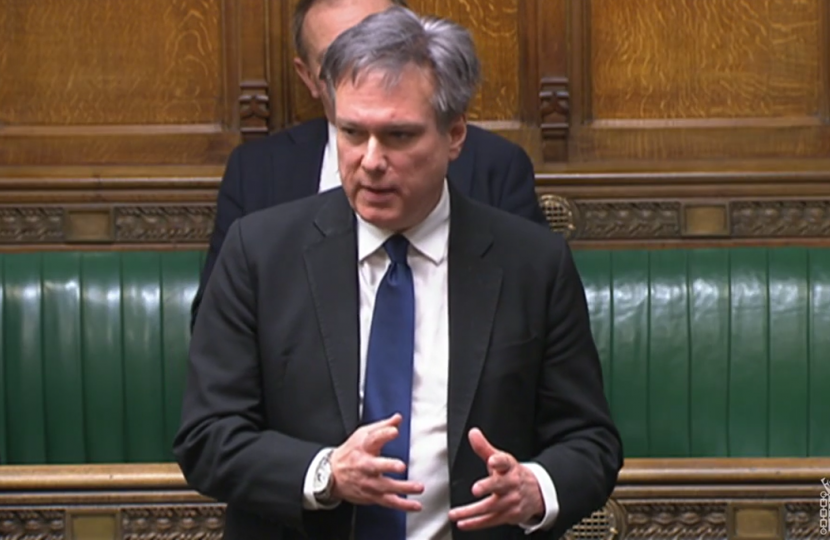
The bicameral nature of our Parliament means that legislation must be approved by the House of Commons and the House of Lords before receiving royal assent from the monarch and becoming law.
This month, the House of Commons approved my Hunting Trophies (Import Prohibition) Bill which I first introduced last June.
I am delighted that MPs supported my legislation which would ban hunters from bringing body part ‘trophies’ of endangered and vulnerable animals into Great Britain.
The will of the Commons was clear, and I am grateful to the increasing numbers of Crawley residents who have contacted me on this subject in addition to many other important campaigns to enhance animal welfare.
My Bill will now go to the House of Lords for consideration and scrutiny from Peers.
This legislation would fulfil a commitment in the manifesto I stood on at the last General Election. It is with this in mind that I am grateful to the Government for formally supporting my Bill.
The Bill seeks to help protect animals listed by the internationally agreed Convention on International Trade in Endangered Species (CITES).
It is not, of course, seeking to tell other countries how they should conduct themselves. The Bill focuses on the importance of this country not wanting to be a part of a trade in the body parts of endangered species.
As this legislation passed the Commons my thoughts were very much with the family and friends of my late colleague, Sir David Amess, who was taken from us far too soon.
Sir David was a tireless campaigner for the banning of trophy hunting imports. I hope that he would have been proud of this legislation being passed by the Commons.
I recall fondly working with Sir David, including as Patrons of the Conservative Animal Welfare Foundation. I met them recently on a cause which was dear to the heart of Sir David, as well as several people in Crawley who have written to me in recent weeks.
The Crate Escape campaign is calling for an end to the use of farrowing crates in the UK. We must act now and end the suffering of some 200,000 sows – mother pigs – forced to spend much of their breeding lives behind bars.
Farrowing crates are one of the most severe forms of confinement which are experienced by farmed animals. They are confined for up to five weeks at a time in small cages, and a typical sow spends almost a quarter of her adult breeding life in a crate only slightly larger than she is.
Many of us in Crawley care deeply about protecting animals at home and abroad and this is a cause I will continue to pursue.
Henry Smith MP


